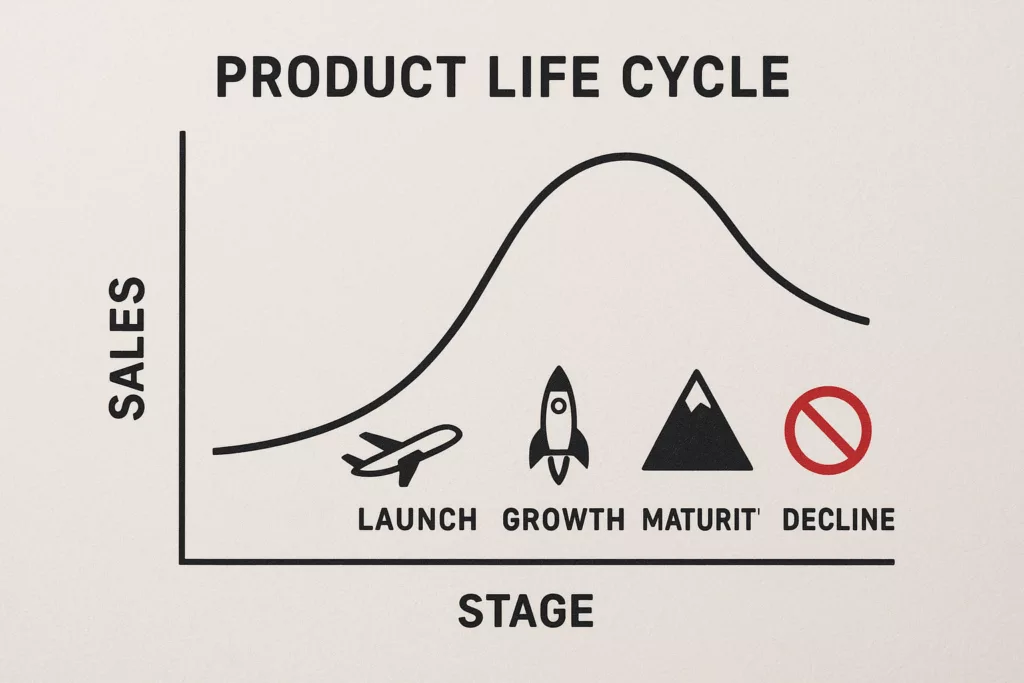In the dynamic world of business, managing inventory is critical for maintaining healthy cash flow and optimizing resources. But what happens when you excess stock ? Let’s break down what overstock is, why it happens, how it hurts your business, and what you can do right now to avoid the extra costs it brings.
What Is Overstock?
Overstock refers to a situation in which a company holds more inventory than is necessary or demanded by customers.
Overstock happens when you order more than you need, expect more sales than you get, or end up with returned unsold items. While it may seem manageable at first, excess can tie up your money, raise costs, and lead to significant losses.
Too much stock means more than just extra stuff, it’s money stuck that you could use to grow your business. But there’s good news: you can clear that excess stock and free up valuable resources with the right strategies.
Act Now: Don’t let overstock drain your profits. Discover how to turn your surplus inventory into opportunity.
Common Causes of Overstock
Overstock happens for several reasons, often stemming from inaccurate forecasting or poor inventory management. Here’s a closer look at the most common culprits:
1. Inaccurate Demand Forecasting
The cornerstone of successful inventory management is accurate demand forecasting. If your forecast is off, you risk overstocking, leading to a costly inventory surplus. If you think a product will be in high demand, and it turns out otherwise, you could be stuck with unsold stock.
2. Bulk Purchasing Incentives
Buying in bulk may seem like a cost-saving strategy, but if your sales fall short, bulk purchasing can lead to overstock. Buying too much to take advantage of discounts can backfire when demand doesn’t match expectations.
3. Seasonal Fluctuations
Seasonal demand can be unpredictable, and businesses often end up with excess stock after a peak season. Holiday items or seasonal trends may lose their appeal by the time you’re ready to sell them.
4. Product Life Cycle Changes
As products age or become outdated, they may no longer sell, leaving you with overstock that’s hard to move. In tech or fashion, for instance, newer models quickly make older versions less desirable.

Financial and Operational Impacts of Overstock
The impacts of overstock go beyond just taking up space in your warehouse. Here’s how overstock can affect your financial health:
1. Increased Holding Costs
More stock equals more costs — from storage fees to handling and insurance. These costs can eat into your profits and limit cash flow.
Pro Tip: Clear excess inventory before it becomes a financial burden. Use services designed to help you offload surplus stock efficiently.
2. Cash Flow Constraints
When overstock ties up cash, it limits your ability to invest in other aspects of the business. This can be a major roadblock for small and medium-sized businesses that need working capital.
Take Action: Free up your cash flow by partnering with experts in surplus stock management. Your capital is better spent elsewhere.
3. Risk of Obsolescence
As products age, they risk becoming obsolete, especially in industries like tech or fashion. The longer your stock sits, the less likely it is to sell at full price.
Prevent Losses: Don’t wait until it’s too late. Work with professionals to move outdated stock before it loses value.
4. Discounting and Margin Erosion
Discounting can clear out overstock quickly, but it also eats into your profit margins. Over-reliance on discounts can tarnish your brand image and lead to even greater losses.
Avoid heavy discounting by finding smarter ways to clear overstock. Your margins will thank you.
5. Chain Disruptions
Overstock creates imbalances in your supply chain, causing delays and disruptions. These inefficiencies can affect your entire business, making it harder to maintain relationships with suppliers and distributors.
Fix It Fast: Streamline your supply chain and ensure smooth operations by managing overstock effectively. Don’t let surplus inventory slow you down.
Conclusion
Overstock may seem like a manageable problem, but its financial and operational impacts are far-reaching. Excess inventory can lead to increased costs, cash flow issues, and a higher risk of obsolescence.
The Solution? Partner with experts who can help you clear your excess inventory efficiently and profitably. That’s where Ozeol comes in.
At Ozeol, we specialize in helping businesses like yours tackle overstock.
Take Action Today: Don’t let overstock hold you back. Partner with Ozeol to clear your surplus inventory and focus on what truly matters, growing your business.
Ready to Solve Your Overstock Problem?
Contact us today and let’s make overstock a thing of the past:

